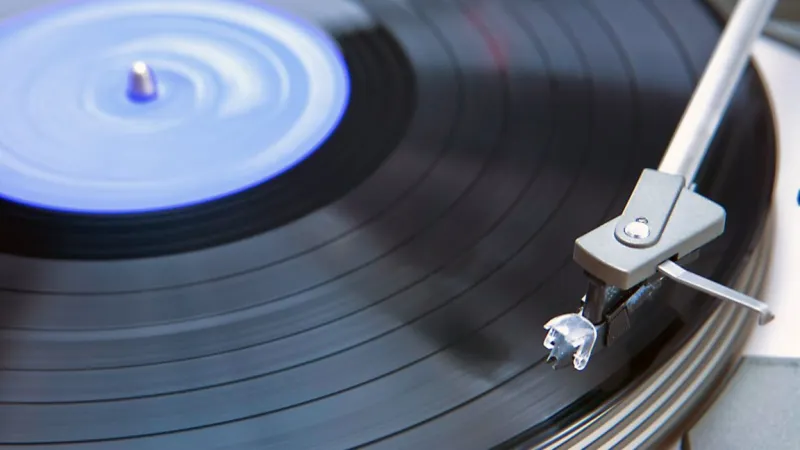
Record Labels Upset with Court Win, Claim ISP Should Pay More for User Piracy
Short summary:
Record labels have won another court case against an ISP, but they are dissatisfied with the ruling, which only awarded per-album damages instead of per-song damages. This case continues to highlight the ongoing conflict between the music industry and ISPs over piracy issues.
The legal battle between major record labels and Internet service providers (ISPs) continues to escalate as Universal, Warner, and Sony push for stricter penalties on broadband providers accused of enabling piracy. In a recent ruling, the US Court of Appeals for the 5th Circuit found Grande Communications liable for failing to terminate repeat infringers but limited damages to per-album rather than per-song, significantly reducing the $46.8 million judgment. The record labels are seeking a rehearing to reinstate per-song damages, arguing this better reflects fair compensation for copyright violations.
Grande is also challenging the decision, arguing that providing Internet access alone does not constitute active involvement in copyright infringement. The ISP cites Supreme Court rulings, such as MGM Studios v. Grokster and Twitter v. Taamneh, to support its stance, while digital rights groups warn that mass terminations based on unverified accusations could unjustly harm innocent users, cutting off households, businesses, and institutions from vital Internet services.
This case is part of a larger debate over ISP liability for piracy, with significant implications for Internet access and copyright enforcement. A related case involving Cox Communications is pending before the Supreme Court, where both ISPs and record labels seek clarity on legal responsibilities. The outcomes of these cases could set precedent for how copyright law is applied to ISPs, balancing the protection of creative rights with the accessibility and fairness of Internet services.